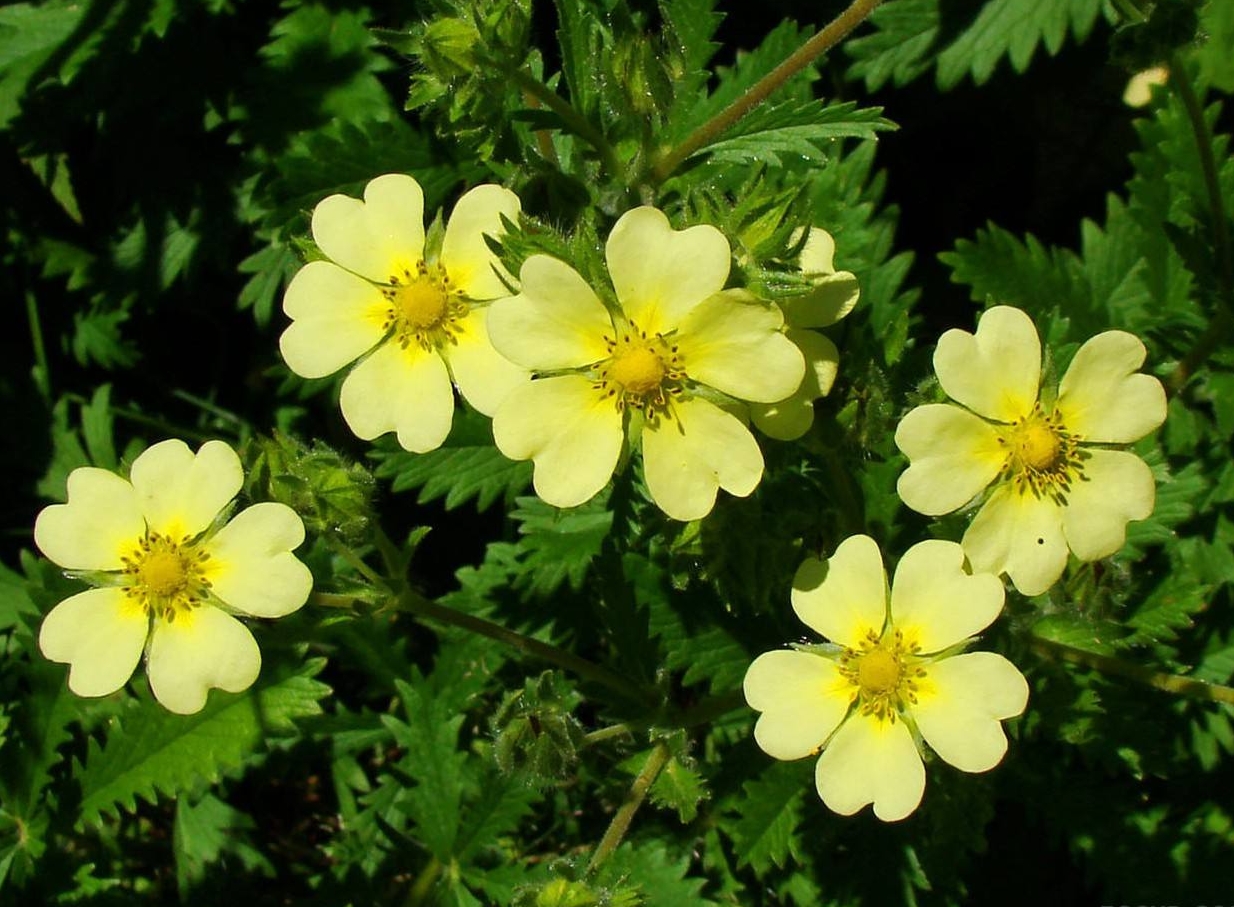Potentilla erecta seed
Rosaceae: A creeping, downy perennial to 30cm, found in grassy places, heaths and moors. The flowers have four yellow petals, and sit on slender stalks, appearing from May-September. The leaves are dark-green, unstalked and trifoliate. Widespread right across the country. Native to Europe, including Britain, from Scandinavia south and east to North Africa, Western Asia and Siberia.
USES:
The roots are extremely rich in tannin, and after a long boiling, converts this into a gum and it can then be eaten, this is said to be an emergency food, and only eaten when all else fails. Also a tea is said to be made from the rhizomes.
Containing more tannin than oak bark, all parts of Tormentil are strongly astringent, finding use wherever that action is required. This plant is considered to be one of the safest native astringents and it is widely used in herbal medicine in the treatment of diarrhoea, dysentery, and sore throats. The whole plant, and especially the root, is antibiotic, strongly astringent, haemostatic and hypoglycaemic. It is used in the treatment of diarrhoea, dysentery, irritable bowel syndrome, colitis, ulcerative colitis. Externally, the plant makes a good styptic for cuts, and a strongly made decoction has been recommended as a wash for mouth ulcers, infected gums, piles and inflamed eyes. Extracts are used to treat chapping of the anus and cracked nipples. The plant’s effectiveness as a toothache remedy is undeniable and it has also been of benefit in treating bed-wetting by children.
GROWING INFORMATION:
Sow seeds early spring or autumn in a cold frame. When they are large enough to handle, prick the seedlings out into individual pots and grow them on in the greenhouse for their first winter.

